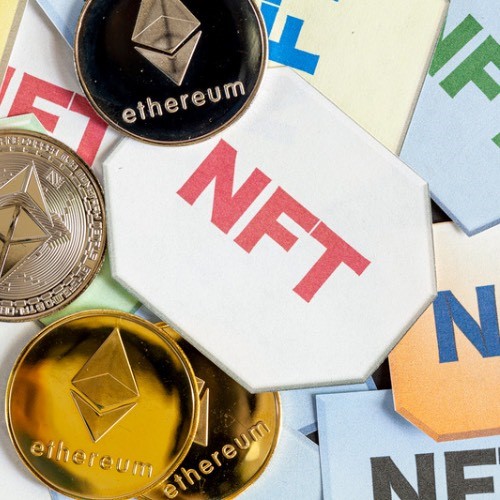

Since 2010, the Global Law Experts annual awards have been celebrating excellence, innovation and performance across the legal communities from around the world.
posted 2 years ago
A survey conducted by Finder.com in 2021 revealed that Nigeria ranked 6th amongst 20 countries in the world that have adopted Non-Fungible Tokens (“NFTs”). The reason for this is not far-fetched. As a result of the continued devaluation of Naira, Nigerians are constantly on the lookout for new ways to stay above inflation. One of such ways appears to be delving into the acquisition and sale of digital assets – NFTs.
Given the rapid growth of the NFT ecosystem in Nigeria, we have provided useful information to guide NFT transactions in Nigeria.
An NFT, also known as a Non-Fungible Token is a digital asset that represents real-world objects like art, music, in-game items and videos which are typically logged and authenticated on cryptocurrency blockchains, primarily Ethereum.
Fungible tokens or assets are divisible and non-unique assets that store value such as a $1 note or 1 Bitcoin whilst Non-Fungible Tokens are unique and non-divisible assets that store data like digital artworks, tweets, music composition, digital shots, etc. They are similar to a deed of title for assets. In 2021, Twitter CEO, Jack Dorsey, sold his first-ever tweet for $2.9 million dollars as an NFT.
Artists, buyers, collectors and marketing platforms can benefit from NFTs.
NFTs create a medium for artists to showcase and monetize their work on a broader spectrum. Artists get to retain their intellectual property rights in the works after it is sold and receive royalties on subsequent sales of the digital works. For buyers/collectors, acquiring an NFT gives a right of ownership to a unique asset that cannot be easily replicated and holds the potential for good future profit where the NFT increases in value. NFT marketing platforms, where artists can offer their NFTs for sale, also provide good business opportunities.
Since NFTs are quite new in Nigeria, there has been no law or regulation specifically enacted in respect of it. There are, however, certain laws that might affect its operations in Nigeria which are worthy of note as highlighted below:
Other legal considerations also exist in areas such as taxation and data protection.
Conclusion
Despite the growth of the NFT amongst Nigerians, it remains a novel concept. A large number of the population are still unaware of its operations. Also, the government is yet to provide an elaborate and uniform regulation to guide its usage in Nigeria. It is important for current investors to stay vigilant in their dealings in NFTs in order to protect their assets.
posted 6 hours ago
posted 18 hours ago
posted 18 hours ago
posted 4 days ago
posted 4 days ago
posted 4 days ago
posted 5 days ago
There are no results matching your search.
ResetSign up for the latest advisory briefings and news within Global Advisory Experts’ community, as well as a whole host of features, editorial and conference updates direct to your email inbox.
Naturally you can unsubscribe at any time.
Global Advisory Experts is dedicated to providing exceptional advisory services to clients around the world. With a vast network of highly skilled and experienced advisers, we are committed to delivering innovative and tailored solutions to meet the diverse needs of our clients in various jurisdictions.